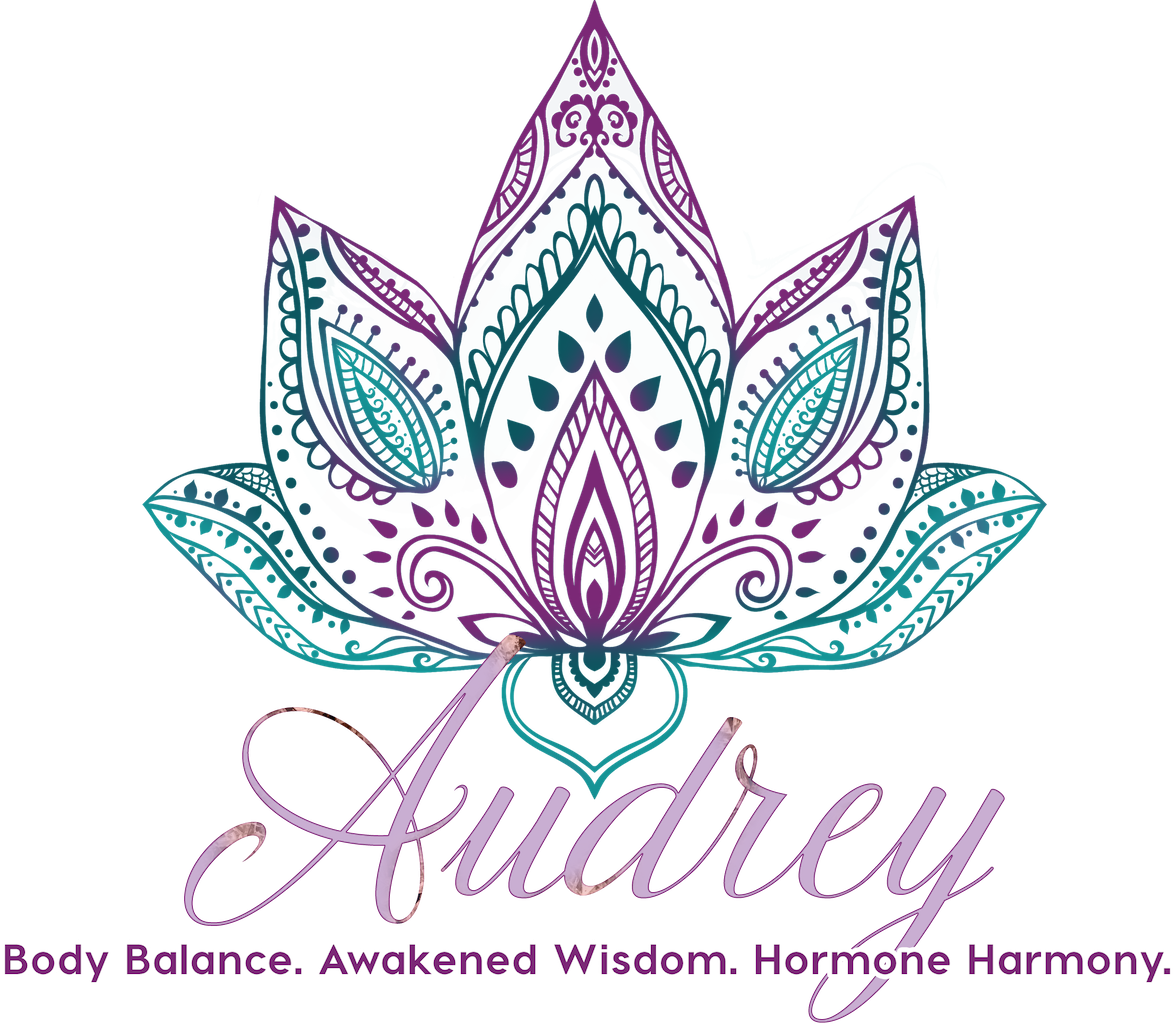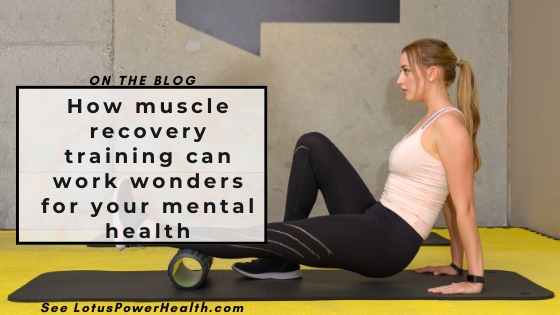Note: This is a sponsored post. The views in this article and products suggested are not endorsed by Audrey and LotusPowerHealth.com. Please make your own research before purchasing anything.
Most of us are aware of how important it is to live a healthy lifestyle and maintain our physical health. But many people make the mistake of neglecting their mental health in the process of trying to stick to a strict workout regime.
While it is a pretty common fact that when we exercise our body releases endorphins, these endorphins trigger a positive feeling in ourselves and can boost our mood. However, this doesn’t mean that you should create a jam-packed workout schedule that involves you being in the gym 7 days a week. Instead by incorporating scheduled muscle recovery training into your regime, you’re giving yourself time for your body and mind to recuperate after a session. So, here are ways that you can incorporate muscle recovery into your workout schedule and how it can benefit your mental health.
How muscle recovery training can work wonders for your mental health
Muscle recovery as a restorative exercise
When you think of muscle recovery you may assume that it is simply referring to taking a day off the gym to have a rest. But there is a lot more to it than that. Muscle recovery is also a form of restorative exercise. A restorative exercise is any form of activity that helps to ease pain and restore muscle and joint movement after a strenuous workout.
First of all, taking part in a restorative form of exercise gives your body the chance to take a breath and recover after an intense workout without stopping physical activity altogether. We have all heard of a warm down after pushing our bodies to the limit, and this is the perfect opportunity to take part in the restorative exercise. You tend to feel pumped and energised straight after an extreme workout when your heart rate is increased, but taking it slower with restorative exercise gives your body the chance to replenish after the distress caused by exercise.
Muscle recovery is so important as it provides our muscles the time it needs to repair the micro-tears that have occurred during the exercise process. Therefore, by stretching out your muscles after use you can help to improve blood flow, circulation, and encourage muscles to heal quicker. Similarly, by stretching out your muscles in restorative exercise, you can improve flexibility which will not only prevent muscle soreness and promote healing but also means that you will see improvements in your performance the next time you hit the gym.
Restorative exercises are also increasingly popular forms of muscle recovery as they help to provide a calm and serene atmosphere after a workout, which can often be intense and chaotic. For example, heading to a Pilates or deep breathing class gives your mind and body the opportunity to be calm and reduce stress levels. Restorative exercises are also popular amongst chronic illness sufferers such as fibromyalgia as this low-impact exercise enables them to stay active while also helping to ease their symptoms, such as pain, aching muscles, and discomfort.
Forms of muscle recovery training
There are many forms of muscle recovery training that you may have never considered before which can make all the difference to both your physical health and it can also transform your mental health. While we all know that exercising releases endorphins and makes us feel good about ourselves, forcing your body through a stringent workout schedule when you are tired and in need of rest can also be damaging to your mental health. Similarly, by not taking the breaks you need, you can increase your risk of injury, leaving you feeling drained and in pain, which will further have a negative impact on your mental health.
Foam rolling
One of the best muscle recovery training activities you can do is foam rolling, as it allows you to ease and soothe aches and pains that can occur during exercise, while also triggering points in your body to release endorphins to improve your mood. When you are going hard in the gym, you are putting your body under a lot of stress, so it is important to balance that out by taking the time to care for your body and provide it with the recovery it needs.
You can use Pulseroll’s foam roller which uses vibration technology to target muscles, reduce muscle tightness, and reduce the next-day soreness that many of us experience after a workout. Taking the time to use a foam roller post-workout provides you with the perfect opportunity to take a break and clear your mind. It will also increase your flexibility which will enhance your performance.
Can muscle recovery training specifically benefit women?
While muscle recovery training is an essential addition to any workout plan or schedule for both men and women, there are some ways that it can benefit women specifically. Traditionally, the gym has been a male-dominated space, but women are just as concerned and interested in taking care of themselves and their health.
Therefore, investing in muscle recovery equipment is not only beneficial to their own post-workout recovery, but it can actually save them money. If you are a woman who would usually enjoy a massage, then the mini massage gun is a great alternative. This portable piece of muscle recovery equipment is the perfect way to ease aches and pains that can occur in muscles post-workout by stimulating blood flow. The mini massage gun is a great alternative to paying for massages all the time, and also allows you to enjoy the benefits of massage from the comfort of your own home or while on the go.
Many women are not aware that working out without the rest their body needs can actually interfere with their menstrual cycle and stop their periods altogether. The menstrual cycle is a crucial process in the hormonal system, and without this, there is a lack of hormones created that keep the body happy and healthy. Therefore, it is crucial that you are resting in between workouts, otherwise, you may notice a considerable drop in your mental health and overall mood.
One of the overriding reasons why muscle recovery training is so essential for your mental health is because our physical and mental health are so closely linked. If you push your body in the gym and don’t allow it the time it needs to recover, then this will cause you physical pain and reduce how happy you feel. Therefore, by taking part in muscle recovery you can establish a good connection between your mental and physical health and protect them both at the same time.
About The Author

Aimee Harrington is a freelance content writer, talking all things fitness, health and wellbeing. When Aimee is not reading or writing she is a mummy to 3 children and their favourite activity at the moment is going on family walks and runs, something that tires the whole family out. Aimee loves to educate the public about all things health and inspire everyone to get up, get moving and get it done.
🎁 Optimised Health SILVER Membership (value: $99)
Get COMPLIMENTARY access to the Optimised Health SILVER Membership, where I share my best tools, courses, tips and resources when you click the button below! Discount code is applied, but you have to choose the right yearly membership.

